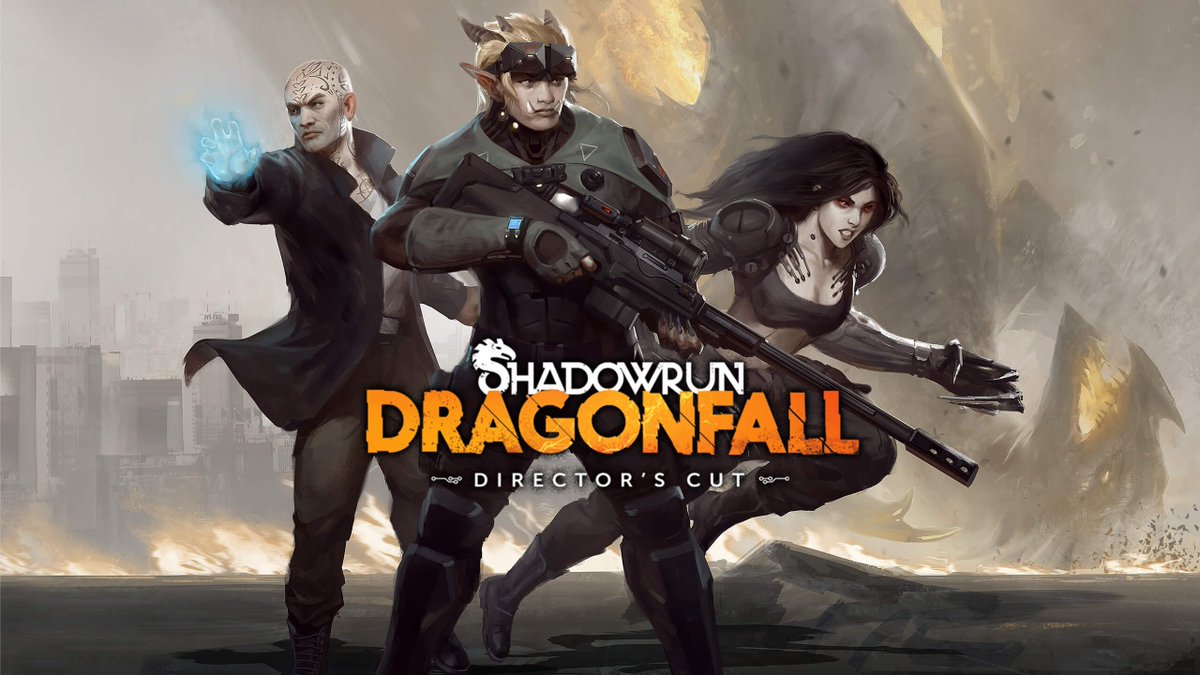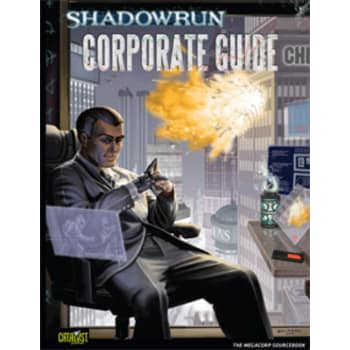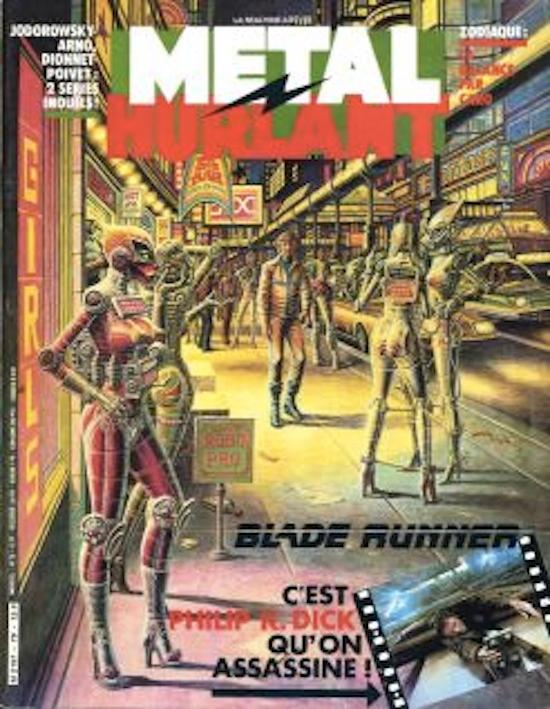
Let's talk a little about failure in RPGs.
Most RPGs are pretty bad about failure states for players who are interested in narrative involvement. 1/
Most RPGs are pretty bad about failure states for players who are interested in narrative involvement. 1/
https://twitter.com/ToddStashwick/status/1383883762996432903
In the past I've had extraordinarily bad luck with dice in gaming, so much so that it's statistically noticeable. What this usually translates into is "You don't get to play the game, sorry." 2/
Your character died three times in a row, immediately being killed after being restored each time? Sorry, you don't get to play.
Your character failed every roll for the initial social scene and now you can't participate in any following social scenes? Sorry... 3/
Your character failed every roll for the initial social scene and now you can't participate in any following social scenes? Sorry... 3/
Early D&D did this because of its wargaming roots. If you failed your saving throw against a 𝘩𝘰𝘭𝘥 𝘱𝘦𝘳𝘴𝘰𝘯 spell, you sat out the fight. Maybe you had another character, or a henchman. It didn't matter much because combat was so fast you didn't wait long. 4/
In modern games, a series of bad rolls can be extremely frustrating, as it feels like you're just prevented from doing anything. It's like the Talisman board game's tendency to make you lose a turn. If you have to wait half an hour for your turn to come again, that's no fun. 5/
Of course, failure is important to your stories. It can be a great motivator: If two party members are killed by a villain, that's a strong motivation for the party to come back to give that villain some comeuppance. Failing a lot with a skill pushes a character to improve it. 6/
The trick is, how is this failure interesting to the player? And what do you do to let the player recover from it?
Sometimes failure is a slap on the wrist. You went unprepared into a dragon fight and you got scorched. Make a new character. 7/
Sometimes failure is a slap on the wrist. You went unprepared into a dragon fight and you got scorched. Make a new character. 7/
(And making a new character is a good use of your time while the rest of the team is running away.)
But some failure sequences just leave you feeling like you didn't really get to participate, so why bother coming to the game? 8/
But some failure sequences just leave you feeling like you didn't really get to participate, so why bother coming to the game? 8/
There are a few ways to tweak this. Some games use narratively negotiated failure: You don't accomplish what you wanted, but you get to at least shape the outcome in some fashion. Or the GM decides how you fail, but it's not always the way you think. 9/
Or you can have a streak breaker: Each failure gives you a resource that you can later use to mitigate or overcome a failure. This gives you the comic book-style dramatic turn-around, where your character gets pummeled and then makes a comeback. 10/
A big part of this is up to the DM: Providing challenges for which failure isn't just "you lose/you die/you do nothing." Challenges in which a failure provides an interesting new opportunity, or raises the stakes, or gives you a clear action to take as a response. 11/
D&D specifically has a few spells that don't fit well with this: things that turn you to stone, paralyze you, or kill you outright. They just take the character off the table—except that they might change your allies' behavior to save you! 12/
Failure can be a good addition to your stories, but to do so, it needs to drive player behavior. Give you a choice, or make you respond, or teach you something about how a plan failed, or give you a different way to participate.
~Fin~
~Fin~
• • •
Missing some Tweet in this thread? You can try to
force a refresh












